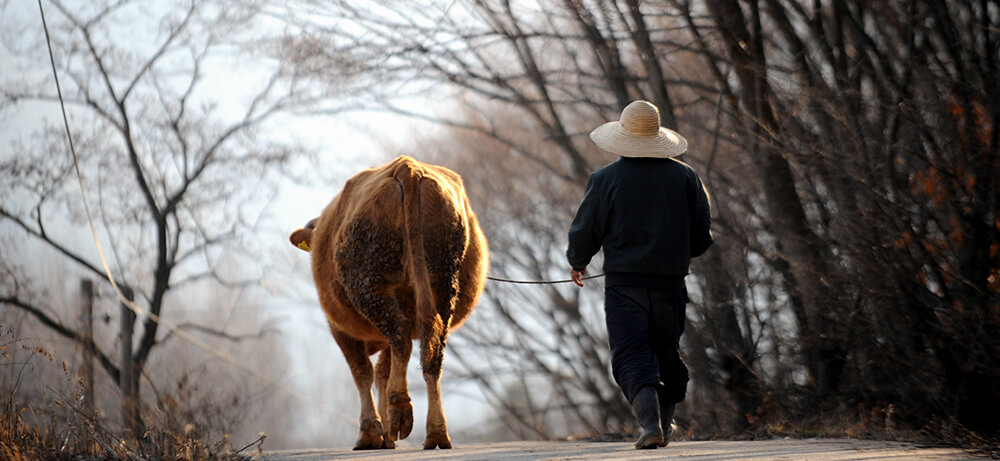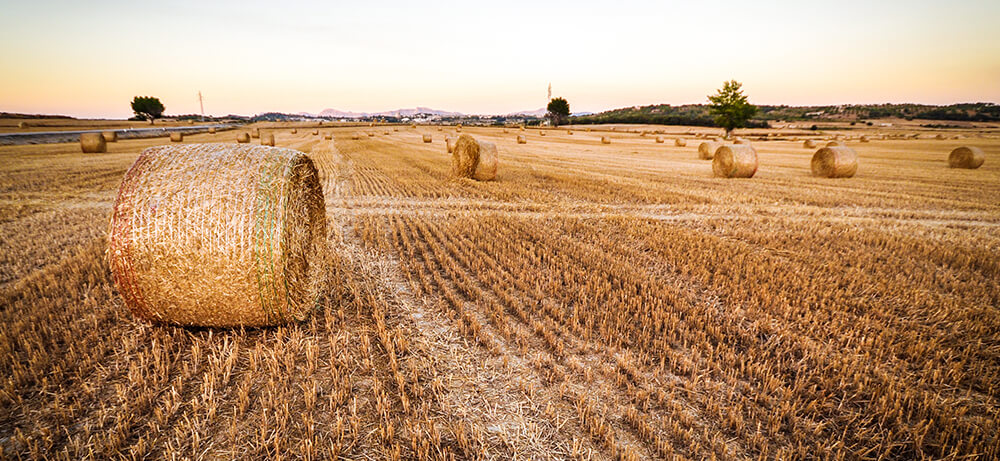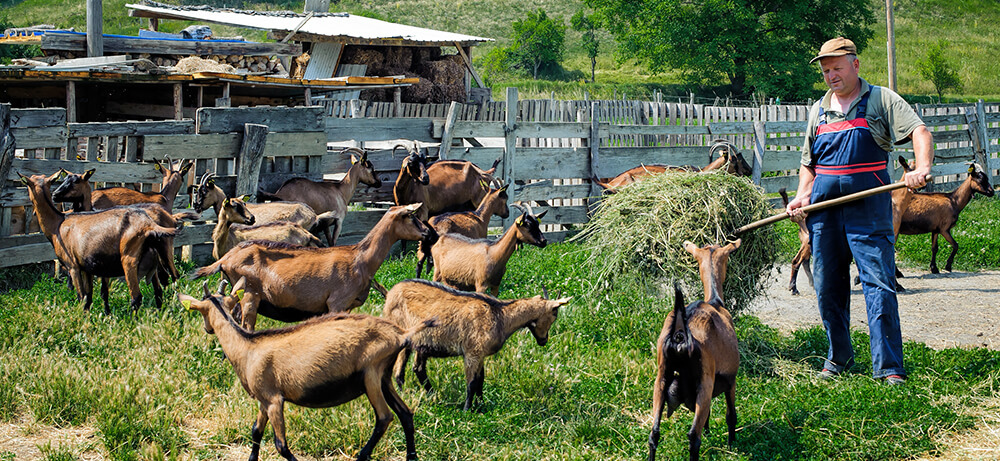Farm-Bred Phrases in Contemporary American Vocabulary
Even in the most cosmopolitan settings, rural lingo is sprinkled into American vocabulary. These idioms are now so commonplace that most people forget their country origins. Phrases with farm roots continue will probably continue to be part of our speech patterns “till the cows come home.” Here are 13 of the most common farm-bred phrases.
’Till the Cows Come Home
This phrase describes an indefinite period of time. There are multiple theories about where it originated but the most common belief is that it’s tied to the evening milking. Cows tend to move at their own, slow pace but they always wander back the barn from the pasture. Farmers had to wait “till the cows came home” to do the evening milking.

Put Out to Pasture
Farm animals are put out to pasture when they get old and are not longer able to work. The same idea applies to people. When someone is put out to pasture he or she has reached retirement age and is no longer working.
Sort the Wheat from the Chaff
This idiom means to separate the good from the bad or the wanted from the unwanted. Chaff is the husk surrounding a grain seed. Historically, farmers would practice winnowing their grain. This would expose wheat chaff to be blown away by the wind but keep the grains safely attached.
Look for a Needle in a Haystack
Needles have been hiding in haystacks for centuries. This phrase originates from the similarities between needles and straw. In ancient times, needles were made of thorn or bones. They were expensive and hard to find. Finding a needle in a haystack is dangerous but also valuable if you are successful. Today people use this saying in reference to something difficult to find but worth searching for.

You Reap What You Sow
This is a classic phrase with the same idea as Karma, what goes around comes around and you get what you deserve. Your consequences are directly related to your actions your intentions. It’s taken from a Bible verse in Galatians.
Don’t Count Your Chickens before They hatch
It’s risky to depend on something happening before it’s a sure thing. This phrase warns people that just like not all eggs will hatch into chickens, not all plans and predictions will become live up to their full potential.
Don’t Put All Your Eggs in One Basket
While we’re talking about eggs and chickens, don’t put all your eggs in one basket cautions against relying on a single person or event. If something goes wrong, you could easily lose everything.
Running Around Like a Chicken with its Head Cut Off
This idiom describes people who are acting in a frenzied manner. After chickens are decapitated, they sometimes continue to run around for several minutes. Without a head, they don’t know where they are going or what they are doing. Many humans relate to this state of craziness.

Get All Our Ducks in a Row
When your ducks are all in a row, everything is organized and taken care of. Mother ducks waddle with their little ones lining up behind them, which may have lead to the widespread use of this idiom. Another theory is that it comes from the game of pool where an easy shot where the balls are all lined up with the pocket is called a duck. Or maybe it came from the popular fair game where people shoot at mechanical ducks to win a prize.
Hog Wild
Hog wild is a state of hyper enthusiasm where people tend to go overboard. When pigs get excited, they tend to cause quite the ruckus.
Pigsty
Pigs are infamous for being the messiest animals on the farm. Today a pigsty is anyplace that’s unusually messy or unkempt.

Time to Hit the Hay
When it’s time to hit the hay, it’s time to go to bed. The phrase originated before people had the nice, comfy mattresses we know today. Before going to sleep, people would have to go and literally hit their hay-filled mattresses to make them more comfortable and get rid of bugs.
Sow Your Wild Oats
When someone goes off to sow their wild oats, it usually means he or she is looking for adventure. The phrase is generally tied to young people who go looking for new and exciting experiences. Traditionally, wild oats were weeds that looked like grains. It was difficult to tell the wild oats from the real stuff, so the idiom was applied to young men who wasted time on stupid pastimes.
